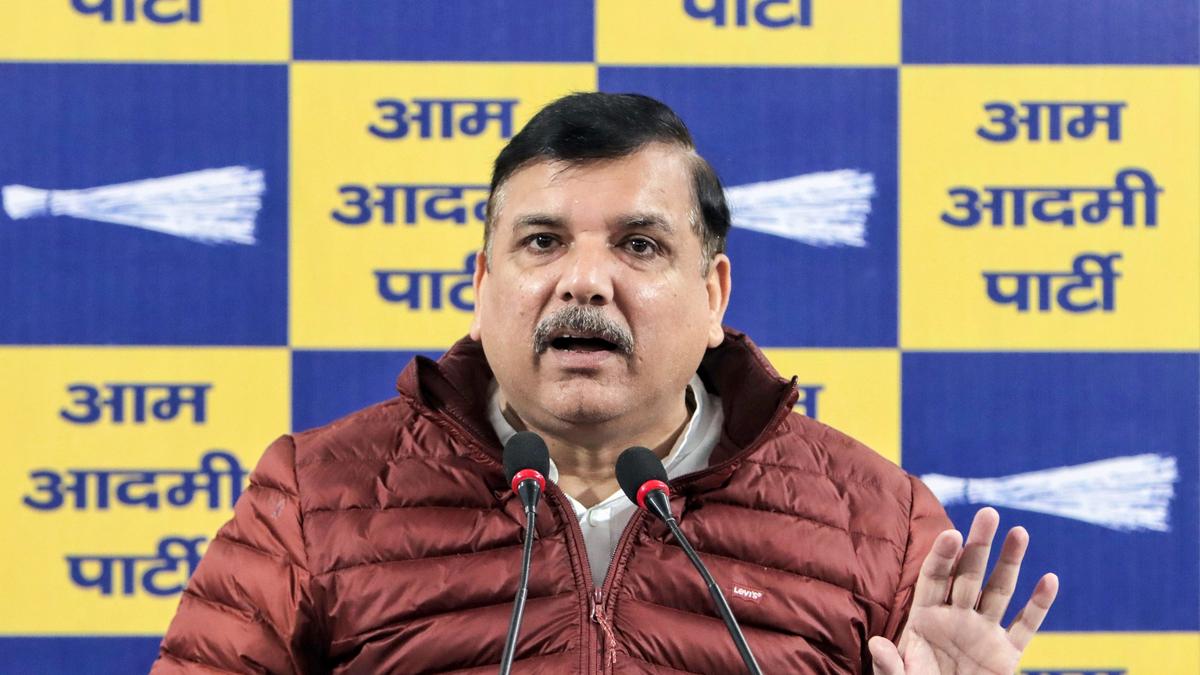Now Reading: AAP Declines to Join JPC on Bills to Remove PM, CMs
-
01
AAP Declines to Join JPC on Bills to Remove PM, CMs
AAP Declines to Join JPC on Bills to Remove PM, CMs

Quick Summary
- Aam Aadmi Party (AAP), Trinamool congress (TMC), and Samajwadi Party (SP) announced they will not join the Joint Parliamentary committee (JPC) for three bills aimed at removing Prime Ministers, Chief Ministers, and Ministers under certain conditions.
- The bills include:
1. Government of Union Territories (Amendment) Bill-2025
2. constitution (130th Amendment) Bill-2025
3.Jammu and Kashmir Reorganisation (Amendment) Bill-2025
- Opposition parties allege that the bills target their governments through manipulation and fake corruption cases.
- home Minister Amit Shah introduced the bills on August 20 in Lok Sabha amidst protests-copies were torn, tempers flared, and strong opposition was expressed.
- TMC leader Derek O’Brien dismissed the JPC as “valueless,” while AAP MP Sanjay Singh stated his party’s refusal to participate due to perceived ulterior motives behind these bills.
- Both Houses passed a resolution referring these bills to a JPC comprising members from Lok Sabha and Rajya Sabha; a report is expected in November’s winter session.
Read More: The Hindu
Indian Opinion Analysis
The decision by major opposition parties like AAP,TMC,and SP highlights the persistent strain in India’s parliamentary governance where bipartisan collaboration is often elusive. The controversy surrounding these bills reflects deeper distrust between ruling coalitions and opposition about procedural fairness. From an institutional standpoint, enacting laws targeting elected representatives inherently demands meticulous scrutiny to prevent misuse or political weaponization.
By refusing JPC participation, opposition voices risk reducing their influence over shaping legislative discourse but together send a message challenging perceived bias in committees dominated by ruling party numbers. The November Winter session could prove pivotal as debates intensify over constitutional implications of enabling removal mechanisms against sitting leaders without conclusive judgments-a measure with potential systemic ramifications for democratic stability.
























